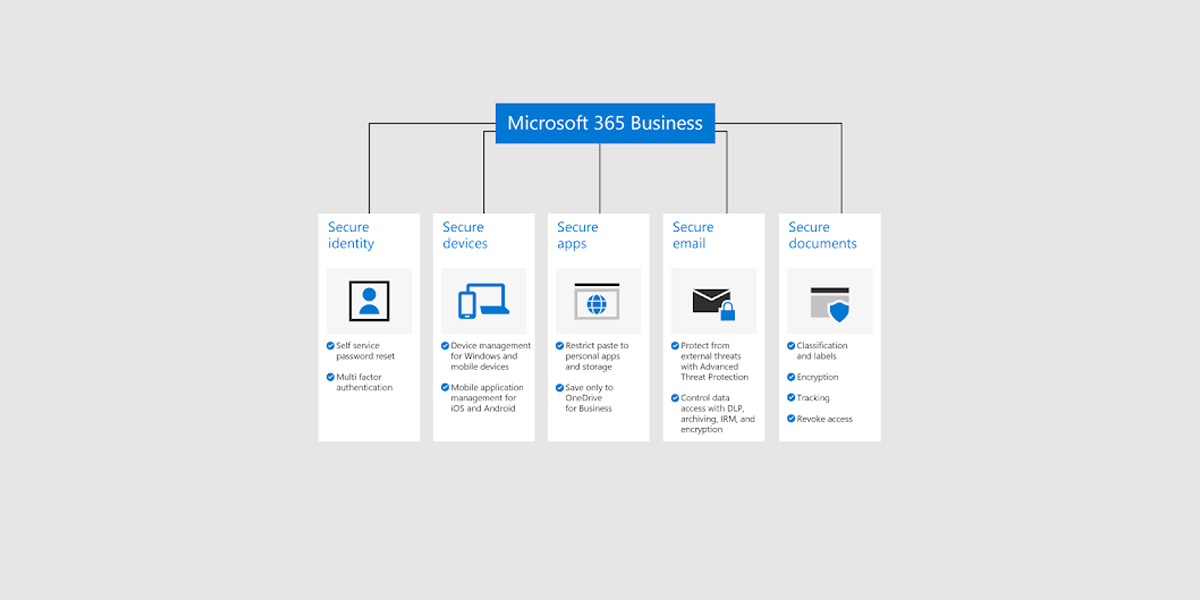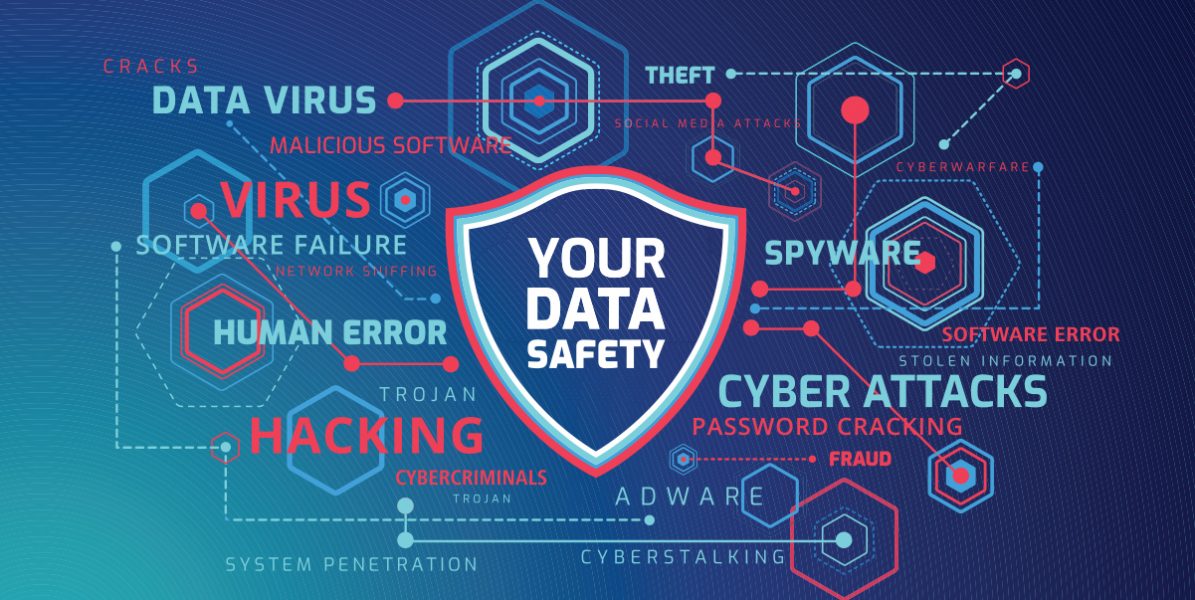Hacking attacks are becoming increasingly common in our current digital ecosystem. We all saw the headlines when the Russian hacking scandal in the 2016 U.S. Presidential Elections made the news.
But this isn’t an isolated incident.
In 2014, upset by Sony’s satirical portrayal of their leader, North Korean hackers infiltrated Sony’s information systems, stealing confidential information and dumping it online. In 2015 the world woke up to one of the most devastating cyber attacks, when hackers released the personal data of 300 million subscribers of the extramarital affair-enabling site Ashley Madison.
It’s not just global corporations like these that are under threat. Even smaller businesses aren’t immune. The issue is that many businesses have yet to apply proper internet security measures to protect themselves against these threats. At the end of the day, hackers follow the money. And there’s money to be found by exploiting vulnerabilities in almost every business.
So when it comes to outsmarting hackers, being forewarned is forearmed. Here are some common types of cyberattacks that business owners of all types should be aware of.
Targeted Attacks
One of the most damaging cybersecurity threats, a targeted hacking attack is an advanced and persistent intrusion on an identified target. In this case, your organisation.
In this situation, the hackers have singled out your business. Carried out by skilled cyber teams, a targeted attack is intended to disrupt, undermine, or gain power over your business, or extort you for a specific sum of money.
Some common targeted attacks can take the form of:
- Targeted phishing scams, known as ‘spear phishing’, which seek to infect your computers and systems with ransomware.
- Distributed denial of service (DDOS) attacks, which seek to shut down your systems or website by flooding them with too much traffic.
These types of attacks take meticulous planning to discover the most insidious way to achieve maximum impact to your business.
SQL injection
Structured Query Language (SQL) is a programming language that’s used to retrieve and manipulate data in a specific database. An SQL injection is an attack that leverages a vulnerability in your business’ website or database. The hacker then inserts SQL code, or statements, into input fields within your database or website, using this to access information that normally isn’t displayed.
This is typically what most people think of as ‘hacking’.
By using the right statements or pieces of code, an SQL injection grants the user unauthorised access to delete, update, insert, and export data from your company’s server.
Say, for example, your business’ website has a secure login portal. Typically a user would type in their username and password details to log in. When they hit ‘enter’, the website checks their login credentials by performing an SQL inquiry in your database. If the wrong information is entered, the login is rejected.
Under a SQL injection, a hacker with the right knowledge can log in as any user, using certain strings of code to find specific usernames, and bypass the password checking function.
Zero Day Attack
This type of attack refers to the instance where a gap or vulnerability is newly-discovered in a piece of software, and the developer isn’t yet aware of it, nor had the time to create a patch to fix the issue. As the vulnerability is only just discovered, they’ve had zero days to fix it—hence the name.
Hackers who have discovered these threats then create code to exploit the gap in security before the developer or vendor has time to fix it first. It’s a race to see who can get there first.
The result of these attacks depends on what the hacker wants to achieve. It might be gaining access to a particular computer system, infiltrating a program with malware or spyware, or infecting an entire operating system to gain user data.
Cloud Data Leakage
In the 1990s, well before cybersecurity became an ongoing concern, noted computer security analyst Dan Geer predicted that data storage in the future will be free—but potentially costly.
He wasn’t wrong. Data leakage is a huge issue for businesses, and the most unsettling part is that it can be practically imperceptible.
For example, say one of your employees downloads a sensitive business document from your server onto their personal device and uploads it to their cloud storage (like DropBox, Google Drive, OneDrive, and similar). From the moment they download that document onto their device, it’s at the mercy of their personal security settings. Then, when it’s uploaded to their cloud storage, the safety of the information in that document again relies on the strength of their security measures.
With the right intel, and by taking action against the right people at the right time, hackers can access this sensitive information, exposing your business to untold risk.
It’s a matter of when, not if
These days, businesses can’t afford to treat internet security as an afterthought. Cybersecurity is now a key consideration for most organisations, as the cost of not securing your precious information and data is much, much higher.
And as cyberattacks grow in their sophistication, it’s now a matter of when, not if, your business will come under threat.
Securelogic is one of Australia’s leading and most trusted internet security specialists. We provide a comprehensive range of managed IT support and technology solutions to help businesses stay on top of their game, and ensure you’re protected should your business come under cyberattack. If you’re concerned about your business’ cybersecurity, contact us today to discuss how we can help you stay protected.




